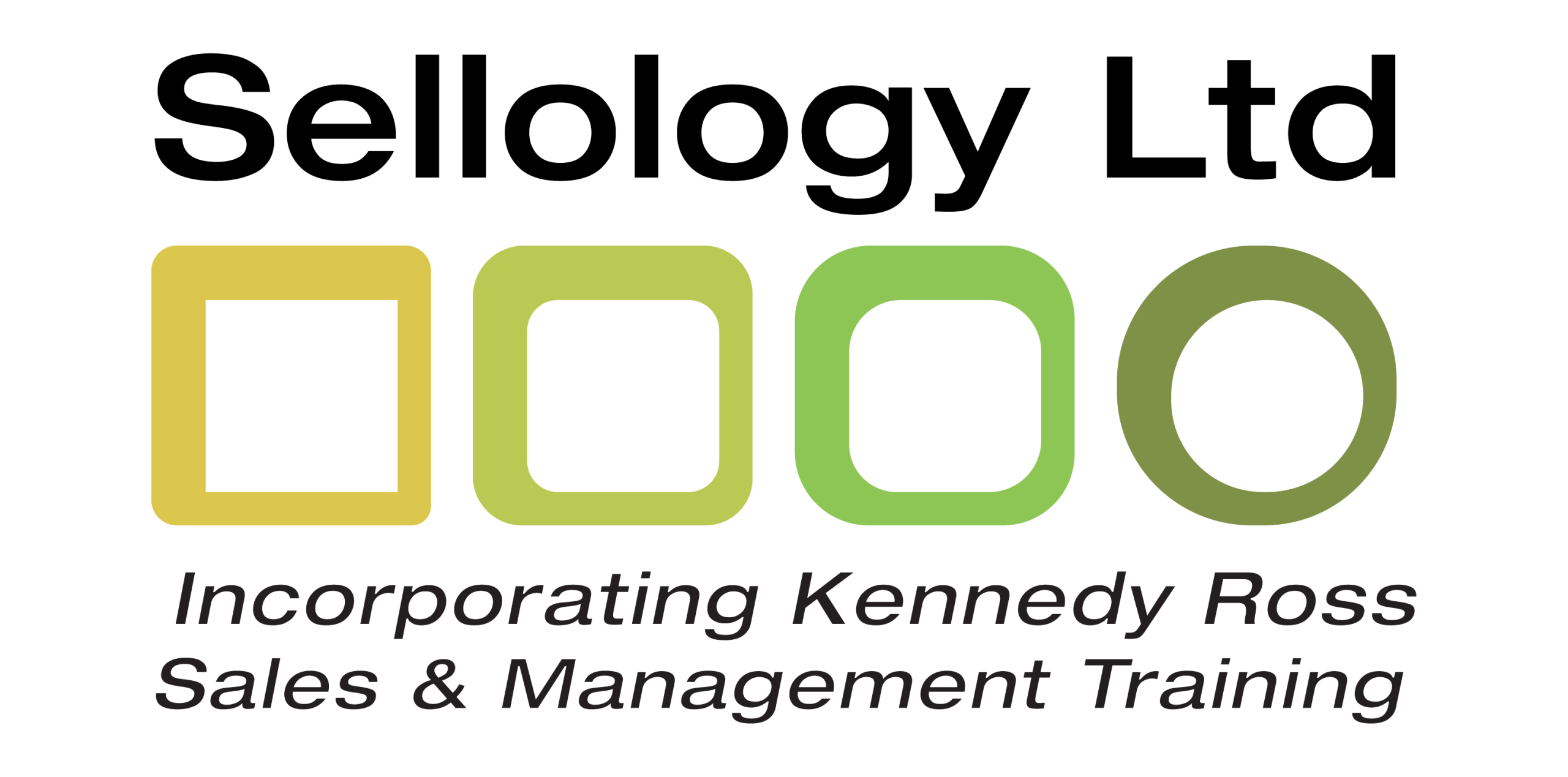
Why Developing Sales Leaders Is the Most Overlooked Growth Strategy
26th August 2025
Why Every UK Business Needs Ongoing Sales Training to Stay Competitive
29th September 2025Why Picking the Right Training Really Matters
A lot of companies treat training like a tick-box exercise. Buy a generic package, send the team off for a day and hope something sticks. The reality? Most of those courses gather dust once the initial buzz fades.
If you’re serious about growth, you need to be picky. The right sales training courses can reshape the way your team sells, interacts with clients and even how they think about their own role. Get it wrong though and you waste time, budget and morale.
Step One: Work Out What’s Really Broken
Before you look at any providers, take a hard look at your own team. Are deals stalling at the same point? Do new hires take months to get up to speed? Maybe your top sellers are thriving but, everyone else struggles to keep up.
Without identifying the weak spots, you’ll end up buying training that doesn’t match the problem. It’s like giving someone swimming lessons when what they really need is driving practice.
Generic Training vs Tailored Programmes
Here’s the trap a lot of businesses fall into: they grab a course because it’s cheap and “one size fits all”. But sales doesn’t work like that. A team of B2B consultants needs something very different to a retail sales floor.
Bespoke training, built around your sector and challenges, is usually the smarter choice. Providers like Kennedy Ross specialise in tailoring workshops that feel relevant to your people, not recycled from another industry.
What to Look for in a Training Provider
When you’re weighing up your options, keep these questions in mind:
- Do they understand your industry or are they recycling the same slides for everyone?
- Can they provide real case studies and results from businesses like yours?
- Do they mix theory with practice, or is it all classroom chatter?
- Will they check in after the course or vanish once the invoice is paid?
A strong provider builds a relationship, not a transaction. That’s the difference between a genuine partner and a short-term fix.
The Role of Culture in Sales Development
Training doesn’t stick if your culture fights against it. For example, you can send your team on brilliant customer service training but, if your managers don’t back it up day-to-day, the lessons get lost.
Culture is the soil. Training is the seed. If the soil is toxic, nothing grows. Make sure leadership is aligned with whatever programme you choose, otherwise you’ll see little return on investment.
Avoid the “Buzzword Bingo” Courses
If you’ve ever sat through a training session that felt like a motivational poster on repeat, you’ll know how pointless they can be. Lots of energy, big promises but nothing you can actually use when you’re back at your desk.
Instead, insist on practical exercises. Role-plays, live examples, scenario planning. Real skills beat buzzwords every single time.
Short-Term Wins vs Long-Term Growth
Some companies just want a quick boost: a one-day workshop that spikes confidence and maybe helps close the next quarter. Others are looking for deeper change: better habits, stronger pipelines and leadership growth.
There’s nothing wrong with either approach. Just be clear about your priorities before signing up. If you want long-term improvement, look for a provider who builds ongoing development into the package.
Don’t Forget About Management
Here’s a common mistake: training the reps but ignoring the managers. Without strong coaching and oversight, new skills fade fast. Sales leaders need to know how to reinforce the lessons, give feedback and hold people accountable.
That’s why pairing frontline training with sales management training often makes the whole investment stick.
Questions to Ask Before You Commit
When you’re ready to pick a provider, here are five blunt questions worth asking:
- What measurable results can I expect, and how soon?
- How do you customise courses for my sector?
- What support do you offer after the training day ends?
- How do you keep content relevant as markets shift?
- Can I speak to past clients for references?
Any provider worth your money should answer these without hesitation.
How to Tell if Training is Working
You’ve paid the invoice; your team has done the course now what? If you don’t measure results, you’re flying blind. Set benchmarks before training starts. Track deal conversion, average order value, call-to-meeting ratios, whatever makes sense for your business.
If you don’t see improvement in the months after training, challenge your provider. Good trainers’ welcome accountability.
Final Thoughts
Choosing the right sales training courses isn’t about who has the flashiest slides or the cheapest rates. It’s about who can genuinely shift the way your team sells, thinks, and performs.
Cut through the noise, ask the tough questions, and don’t settle for “good enough”. When you find the right partner, the payoff isn’t just in short-term wins, it’s in building a team that grows with your business year after year.
If you’re ready to explore training that’s actually built for your business, not off the shelf, take a look at what Kennedy Ross can do for you.



